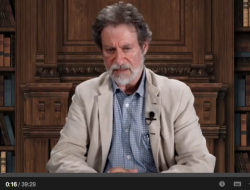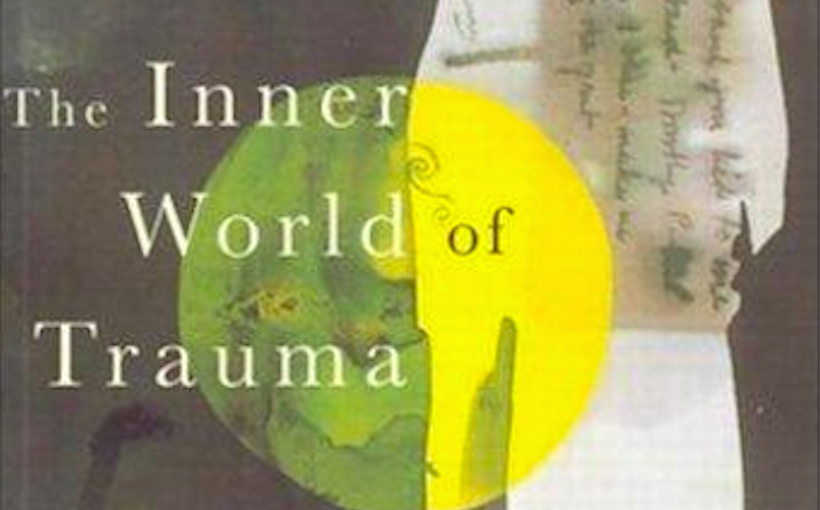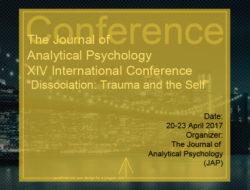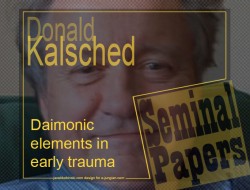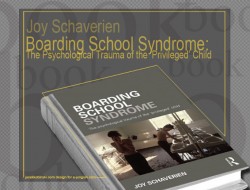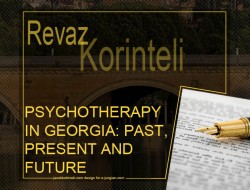Anne Malone interviews Donald Kalsched author of The Inner World of Trauma: Archetypal Defences of the Personal Spirit
. From the interview:
AM: How did you come to this insight?
DK: A number of years ago, I got interested in the fact that certain patients had dreams which seemed to contain images of unconscious defenses against strong affect. The dreamer might be suffering an encounter with frightening contentslet’s say the dreamer is swimming in a lake near her childhood home at precisely the spot where at age four she almost drowned, and suddenly a large snake approaches in the water. As her fear mounts, suddenly the dream changes, and she’s sitting in a sunny meadow with her favorite cat, feeling blissful. This break in the dream narrative shows us a dissociative defense a place where her psyche is unable to metabolize unbearable anxiety (related to the early trauma) and the dream maker simply changes the story. (…)
There is a meaning to those defenses which we must try to understand. Let’s say that among reasonably healthy neurotics, as Jung shows, the Self promotes the union of psychic opposites a wholeness or integration (what Alchemy calls „the greater coniunctio”). But in the dreams of early trauma victims, we see something entirely differentat least for the first phase. There seems to be a „force” in the unconscious of these patients that attacks integration that conspires toward undifferentiated states of mind, that resemble trhe tate of Rapunzel in her tower, (what Alchemy calls „the lesser coniunctio,”the union of two things that are not sufficiently differentiated). That happy meadow with the girl and her pet cat in the dream example I gave earlier, is one of those magical „safe” places to which the traumatized child-ego retires not to fulfill a wish, but to preserve the personal spirit against unbearable affect which (at this stage) cannot be integrated or even experienced consciously. I give many clinical examples of this in the book.
Read the interview at The Jung Page…
Listen to the interview by David Van Nuys
Tags: Donald Kalsched, trauma












